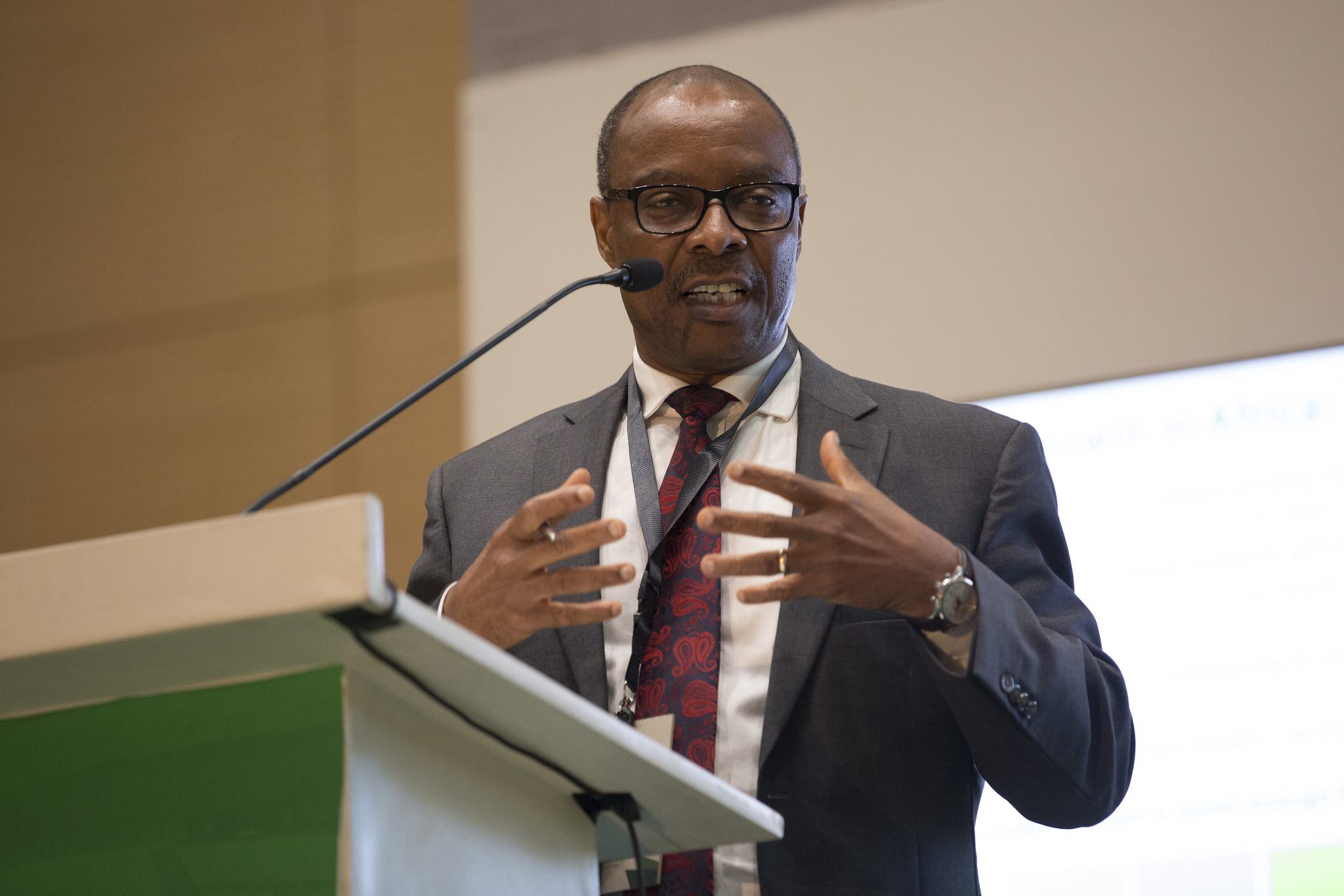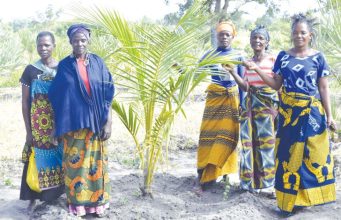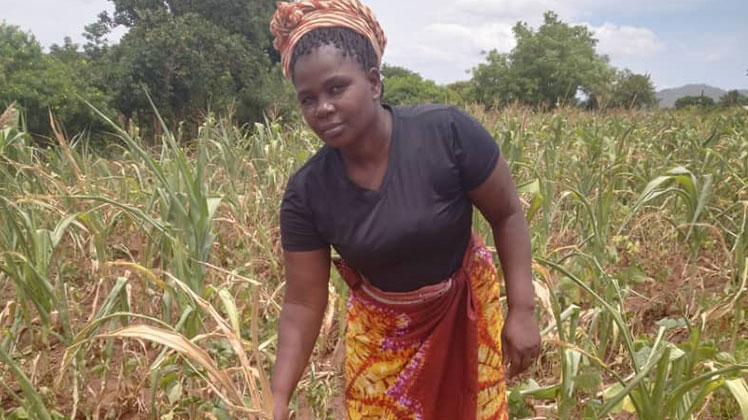Water initiative to benefit 25 000
From the Songwe River that pours into Lake Malawi to Viphya and Nyika plateaus, the country’s northern tip is endowed with diverse landscapes.
However, Malawi, with water covering 20 percent of its surface area, is grappling with concerns about water security amid surging deforestation, siltation of waterways, flooding and erratic rains.

Unpredictable rainfall pattern caused by climate change have worsened water stress, slowing the fight against hunger, poverty and sanitation-related diseases.
To roll back the challenge, the country formulated its strategic programme for climate resilience in 2017.
The African Development Bank (AfDB) has pledged technical assistance support to advance the national climate resilience priorities.
Its technical support particularly focuses on strengthening water security in Nkhata Bay, Chitipa and Rumphi.
The Technical Assistance for Catchment-Based Climate Resilient Water Security in Northern Malawi has been underway since 2022.
According to the bank, the initiative seeks to not only enhance communities’ resilience, water security and soil conservation techniques but also improve institutional coordination and information management.
This is linked to the ongoing Northern Region Water Board’s Water and Sanitation Project to improve the health and livelihoods of Nkhata Bay residents and surrounding communities.
The project aims to increase access to potable water and improved sanitation services in line with the global Sustainable Development Goal Six.
The AfDB’s technical support targets about 25 000 people, half being women.
They are expected to experience improved water supply and sanitation services that can withstand harsh impacts of climate change.
Additionally, about 2 000 people in the target local communities will receive training in climate-resilient soil and water conservation techniques.
The bank expects local authorities, service providers and their staff to acquire vital knowledge for the development of a water security.
“The Climate Investment Funds is proud to partner with Malawi and the AfDB to strengthen the water security of communities, particularly women and the youth,” said CIF resilience programme lead Emmanuel Kouadio.
CIF funding for resilience has reached over 55 million people globally, he said.
According to AfDB director for climate change and green growth Anthony Nyong, the transformative initiative embodies the bank’s commitment to building climate resilience.
“Our partnership with CIF in this project is crucial for translating strategic climate resilience plans into actionable measures, ensuring that communities in northern Malawi can secure their water resources and thrive amidst changing climatic conditions,” he said.
The four-year project aims to increase the resilience of landscapes by integrating climate resilience into planning and interventions for strengthened water security.
It is also expected to strengthen the resilience of community livelihoods through climate-smart water resources management and enhance institutional coordination and information management for climate risk management.
To the brains behind the project, it signals the commitment to address immediate challenges and build a more resilient and sustainable future as water-related disasters become more frequent and devastating with climate change.
“Through collaboration and innovation, the project is paving the way for a more water-secure future for the people of Malawi,” AfDB says in a press statement.





